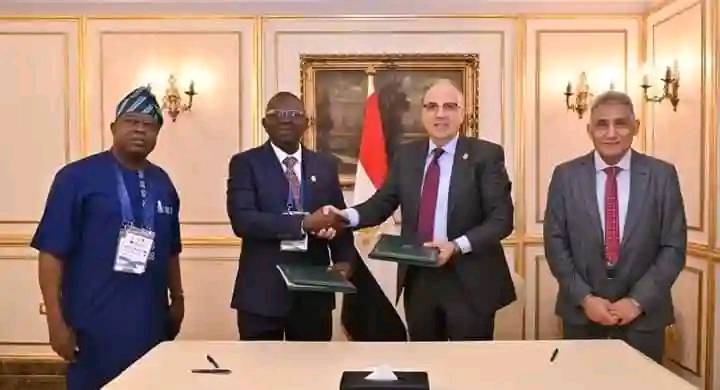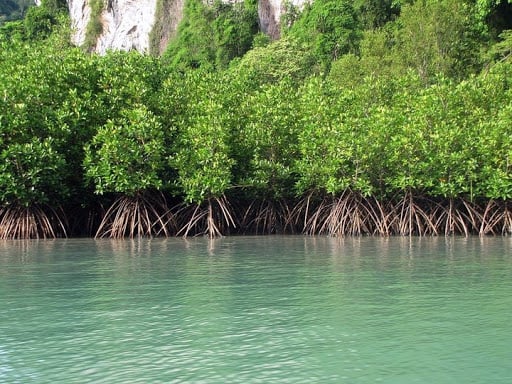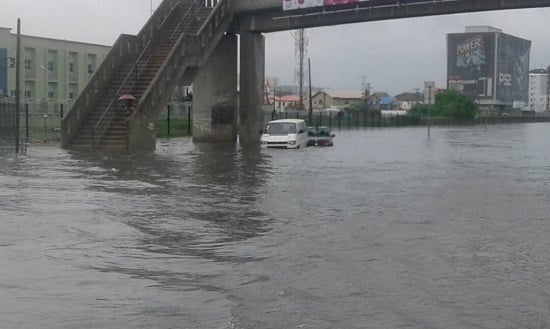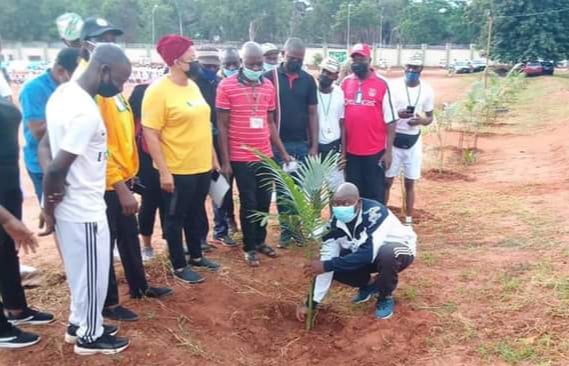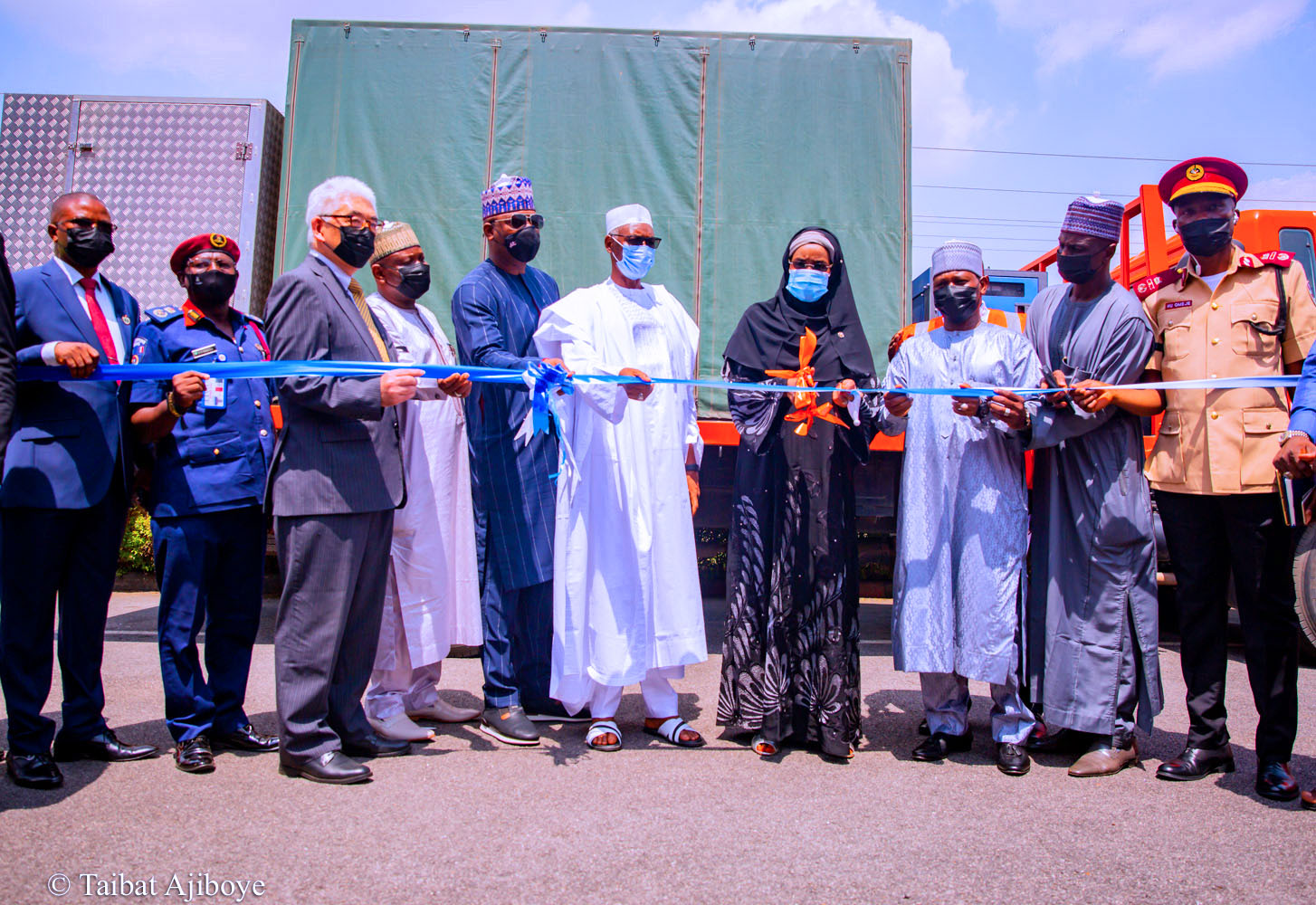Nigeria and Egypt have signed a memorandum of understanding (MoU) to advance the development of water resource management programmes in Africa.
The two countries signed the MoU on Tuesday on the sidelines of the ongoing 7th Cairo Water Week in Egypt.
NAN reports that Joseph Utsev, Nigeria’s minister of water resources, and Hani Sewilam, his counterpart from Egypt, signed the agreement.
The MoU aims to foster collaboration between the two nations in harnessing, developing, and managing water resources to benefit their populations.
Advertisement
It also aims to advance irrigation infrastructure maintenance as well as innovative mechanical and biological methods for controlling aquatic weeds.
The agreement also addresses flood management, drought forecasting, the advancement of water harvesting technologies, and technical assistance in groundwater management.
The MoU will ensure water resource governance and security, climate change adaptation, food security, and the restoration and protection of freshwater resources.
Advertisement
Utsev said the partnership is expected to boost irrigation farming, enhance food security, increase hydropower generation, and ensure the regular maintenance of dams and reservoirs in Nigeria.
On his part, Sewilam said the MoU would strengthen the existing relationship between Nigeria and Egypt, stressing that his country is committed to enhancing cooperation with other African nations on water and climate change issues.
He added that the MoU aims to tackle the continent’s water challenges and the impacts of climate change.
He said, as the president of the African Ministers’ Council on Water (AMCOW), Egypt understands the need for cooperative solutions to manage shared water resources, which serve billions of people globally.
Advertisement
He called for effective international agreements grounded in fairness, harm prevention, and mutual benefit, reiterating Egypt’s commitment to fostering collaboration in managing transboundary waters.
Add a comment
